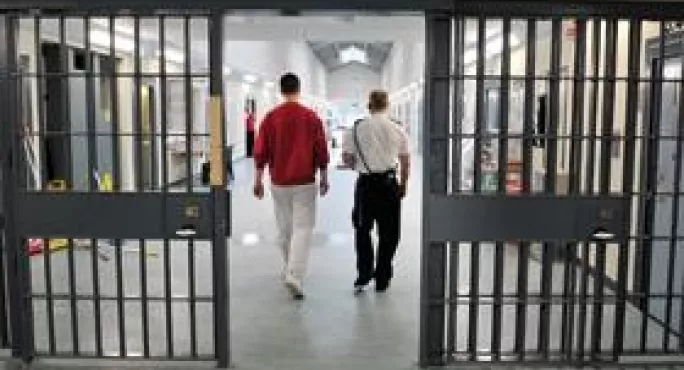Teachers asked to play youth justice role

 Teachers are used to dealing with badly behaved students. But under radical new plans they could be deployed not just to settle fights in the playground but to play a fundamental role in reforming youth justice.
Teachers are used to dealing with badly behaved students. But under radical new plans they could be deployed not just to settle fights in the playground but to play a fundamental role in reforming youth justice.
Chris Grayling, the UK justice secretary, has called on teachers to help plan new youth prisons, to be known as “secure colleges”. Schools might run a secure unit “alongside” their existing institution, Mr Grayling said.
The move is part of a wide-ranging review by the UK government of the punishment and rehabilitation of the most serious young offenders. Ministers are planning to put a much greater focus on education in an attempt to cut reoffending rates.
Mr Grayling has been inspired to call on education experts after seeing the variety of bids from teachers to establish and run their own schools under the government’s free schools programme. “My challenge is beyond the conventional providers of detention services to the education world . how could we do this better?” Mr Grayling told TES.
He added that he would be keen to hear ideas from organisations that run youth justice in other countries.
To provide more intensive education, the UK Ministry of Justice will need to “attract a diverse range of providers into the market, drawing on both education expertise and security experience”, according to a consultation on reforms, which ended this week.
One of Mr Grayling’s most eye-catching proposals is the suggestion that youth prisons could be located on the same grounds as existing schools. “It may well be that someone comes back and says, `I can run a pupil referral unit (for excluded children) with a small, secure institution alongside it and do a better job for you’,” he told TES. “I genuinely have got no prejudged view about what the end product of this will look like or should look like.”
The UK currently has three types of secure provision for children and young people up to the age of 17: secure children’s homes, secure training centres and young offender institutions, which offer varying levels of support and education.
A total of pound;245 million has been budgeted to pay for youth custody in 2012-13, with the average cost of a place now almost pound;100,000 per year. Secure children’s homes, which house the most serious offenders and vulnerable young people, cost on average pound;212,000 per place per year. But despite these sums, reoffending rates remain stubbornly high at 70 to 76 per cent.
Penelope Gibbs, chair of the Standing Committee for Youth Justice, an organisation that works to reform the system, said that teachers who ran mainstream schools were “unlikely to have the expertise needed” to run secure units.
“In fact, some mainstream schools are excluding these children,” she said. “Providers of custody for children must be absolutely specialist.”
Ms Gibbs is also worried about the focus on saving money. “This sort of specialist expertise is always expensive,” she said. “You can’t do it on the cheap.”
Juliet Lyon, director of the Prison Reform Trust, said: “A new emphasis on education and skills should increase some young people’s chances of training or work on release from custody. But if you are serious about turning young lives around, a proper response to their health and welfare needs is also essential.”
OTHER SYSTEMS
In California, each juvenile “correctional facility” has a high school that all inmates have to attend full time. There, they complete their high-school education, college work or vocational training.
In Sweden, children under the age of 15 are not punishable under the law. Young people between the ages of 15 and 18 who commit a crime are usually given a community sentence or put in the care of social services.
In New South Wales, Australia, schools are run at most children’s jails so that young offenders can continue their studies and learn skills to help them re-enter education, training or the workplace when they leave custody.
Photo credit: Colin Hattersley
Original headline: UK teachers asked to play key role in youth justice
Keep reading for just £1 per month
You've reached your limit of free articles this month. Subscribe for £1 per month for three months and get:
- Unlimited access to all Tes magazine content
- Exclusive subscriber-only stories
- Award-winning email newsletters
